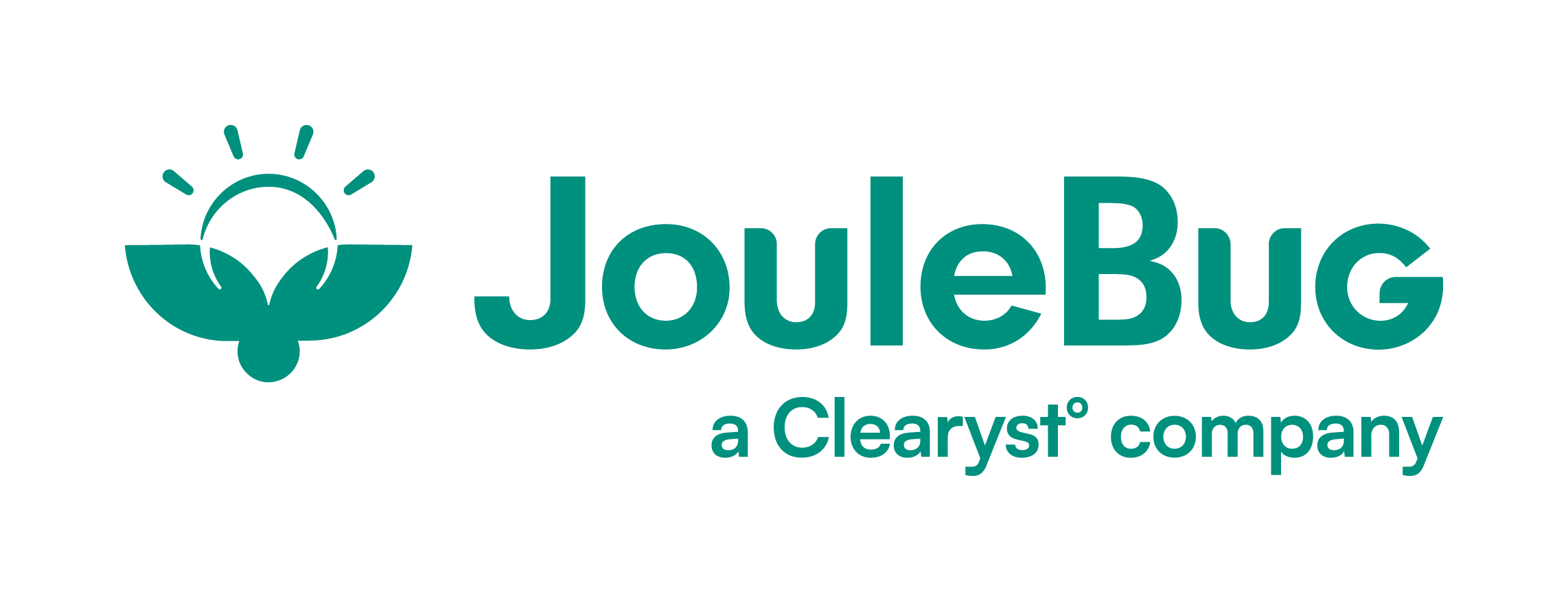Companies serious about sustainability know that tracking employee habits is a powerful way to gather valuable data and boost their sustainability efforts. Companies can gain a more complete picture of their environmental impact by monitoring employee actions outside the organization and including Scope 3 emissions in their sustainability reports. This, in turn, enables them to take meaningful steps to reduce their carbon footprint and become more environmentally responsible. So, if your organization is committed to sustainability, here's how tracking employee habits aids in incorporating Scope 3 data:

1. Employee Commuting:
One of the significant contributors to Scope 3 emissions is employee commuting. For a more comprehensive look at an organization’s carbon footprint, it is essential to track various commuting habits, such as the mode of transportation used and the frequency of remote work. This data can help companies estimate associated emissions and provide a more accurate representation of their overall carbon footprint. By analyzing this information, organizations can identify areas that require improvements and take necessary measures to reduce emissions, such as promoting remote work or encouraging employees to use public transportation or carpooling. Tracking commuting habits is a crucial step toward achieving sustainable practices and reducing an organization's carbon footprint.
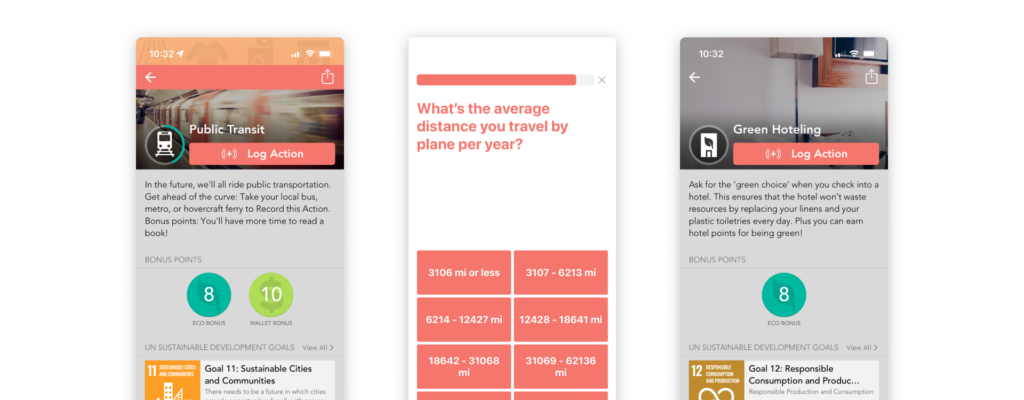
2. Travel and Accommodations:
Employee business travel is a significant contributor to Scope 3 emissions. Therefore, companies are strongly advised to monitor their employees' business travel patterns, including the mode of transportation and accommodation choices. By analyzing this data, companies can gain valuable insights into the emissions associated with these activities and better understand the impact of employee travel on their overall carbon footprint. Armed with this knowledge, companies can take steps to mitigate the negative environmental impact of employee travel while still allowing their employees to travel as needed.
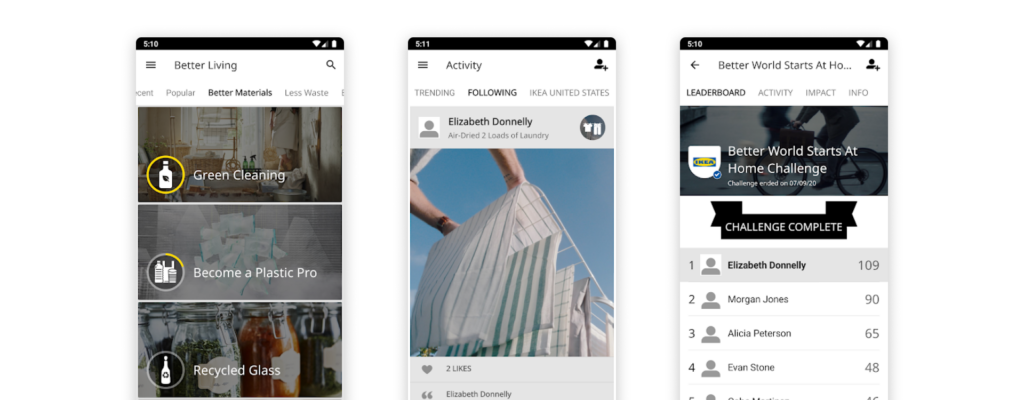
3. Supply Chain Engagement:
Organizations can significantly impact sustainability through employee behavior, particularly their purchasing habits. By incentivizing the selection of sustainable suppliers and products, companies can indirectly measure the environmental impact of their supply chain. This is because the choices made by employees directly impact the sustainability of the products and services they interact with. By tracking and analyzing purchasing patterns, companies can gain a deeper understanding of the environmental performance of their supply chain and take appropriate action to mitigate any negative impact.

4. Remote Work Practices:
In recent times, there has been a significant increase in remote work, which has a direct impact on Scope 3 emissions. As a result, tracking the prevalence of remote work, energy-efficient practices, and virtual collaboration tools has become important to quantify the reduction in commuting and office energy consumption emissions. By adopting such policies, companies can contribute significantly towards reducing their carbon footprint and achieving their sustainability goals. Additionally, the use of virtual collaboration tools not only reduces emissions but also saves costs associated with travel and may improve employee productivity in some cases.

5. Waste Reduction and Recycling:
It has been observed that employees' waste management habits have a significant impact on Scope 3 emissions. Companies can closely monitor their recycling practices, adopt waste reduction initiatives, and promote sustainable products to mitigate this impact. By doing so, companies can quantify the positive environmental impact of the collective behavior of their employees, which can help reduce their overall carbon footprint and contribute towards a less wasteful culture.

6. Education and Engagement:
A critical aspect of tracking sustainability habits is to measure the success of employee education and engagement programs. These programs are crucial in educating employees about sustainable practices and encouraging them to embrace a sustainable lifestyle. Well-informed and engaged employees are more likely to adopt sustainable practices in their daily routine, directly impacting Scope 3 emissions. By keeping track of the success of these programs, businesses can identify areas of improvement and adjust their strategies to achieve better results in promoting sustainable practices among employees.
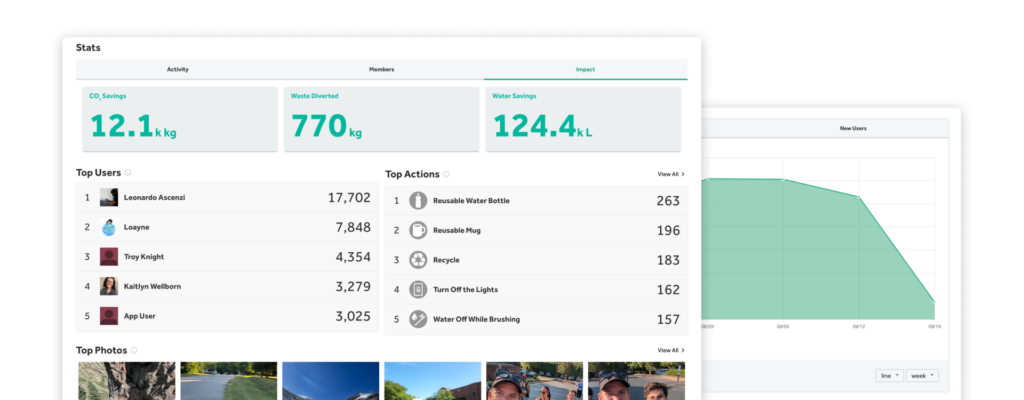
7. Data-Driven Decision-Making:
Tracking and analyzing employee sustainability habits allows companies to make data-driven decisions, identify areas for improvement, set practical targets, and implement targeted initiatives to address Scope 3 emission sources. This data-driven approach can lead to cost savings, increased efficiency, and positive environmental impact. Additionally, it provides insights into employee behavior and attitudes, which can be used to design effective training programs and awareness campaigns. This is an essential aspect of modern corporate sustainability, helping organizations achieve their objectives while positively impacting society and the environment.
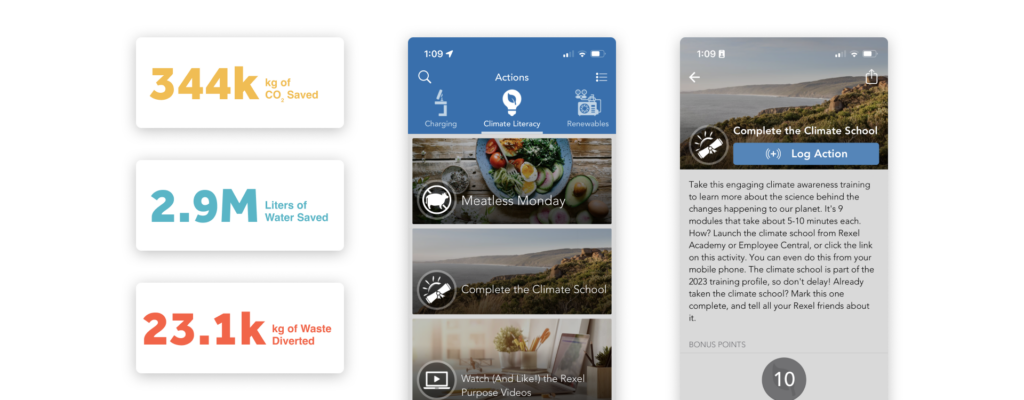
8. Transparent Reporting:
Sustainability reports incorporating Scope 3 data influenced by employees are a powerful tool to showcase transparency and dedication toward comprehensively understanding an organization's environmental impact. Such reports allow stakeholders to evaluate a company's efforts in addressing all aspects of its value chain emissions, including those beyond its operational control. By involving employees in the data collection and reporting process, organizations can gain a more nuanced and accurate understanding of their environmental impact, paving the way for more effective sustainability strategies and initiatives.

Employee Sustainability Tracking in Scope 3 Reporting
Incorporating the sustainability habits of employees into Scope 3 data provides an excellent opportunity for companies to demonstrate their commitment to environmental responsibility. By doing so, it fosters a culture of engagement and encourages employees to take ownership of their impact on the environment. This approach enables organizations to proactively address the broader aspects of their carbon footprint, positioning themselves as responsible corporate citizens and contributing towards the growing emphasis on comprehensive sustainability reporting.
JouleBug offers a comprehensive solution for companies to monitor and evaluate the sustainability practices of their employees. Our platform enables seamless tracking and measuring of various sustainability habits, providing valuable insights into Scope 3 emissions. By adopting our solution, companies can gain a more complete picture of their carbon footprint and take proactive measures to reduce their environmental impact. With a focus on a holistic approach to sustainability reporting, JouleBug encourages every employee to contribute towards creating a better future for our planet.
Join us in our journey towards building a more sustainable world.
